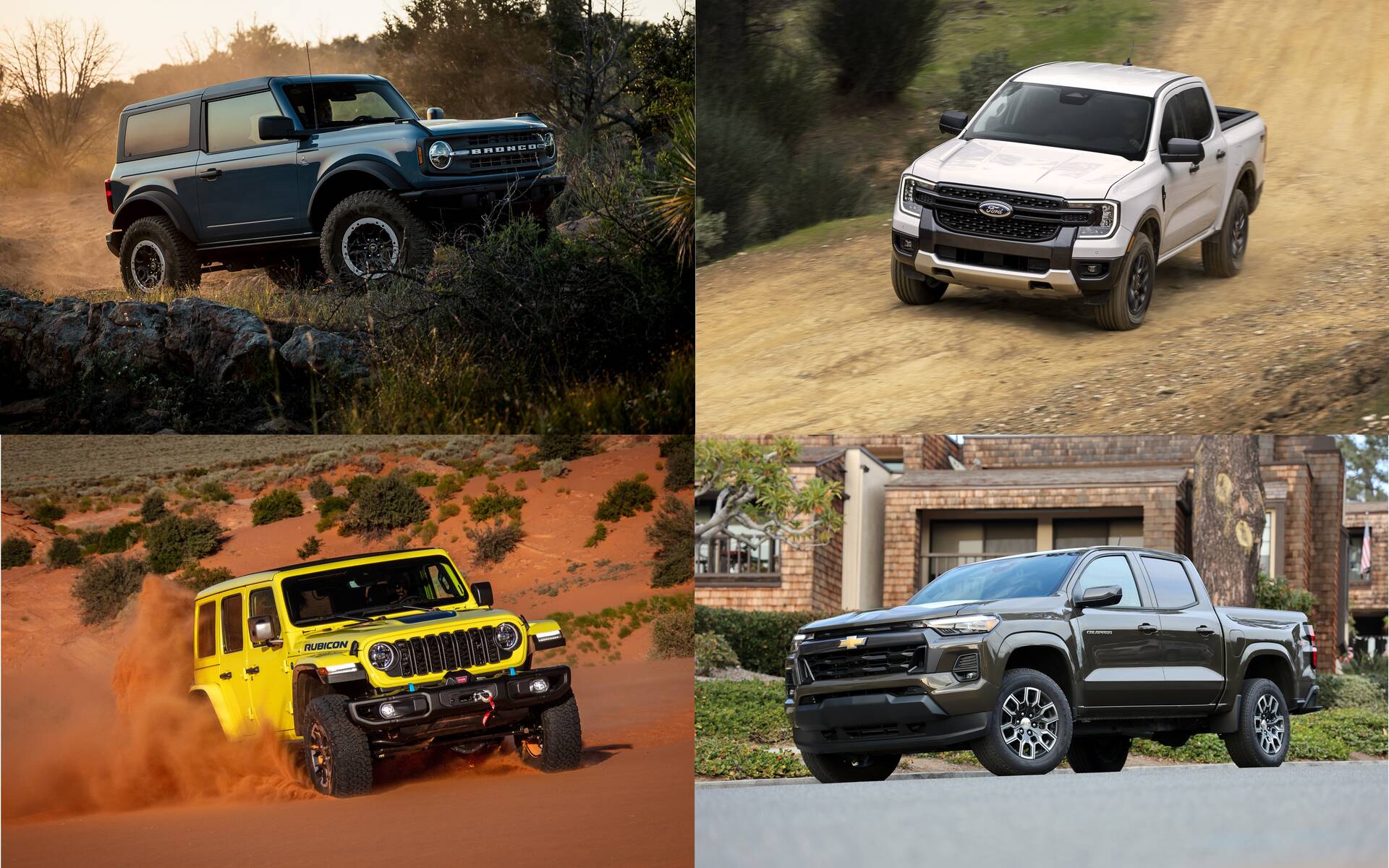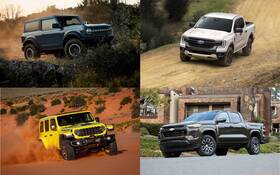Popular SUVs, Trucks Affected by Auto Workers’ Strike in the U.S.
Unlike in 2020, Detroit’s Big Three was unable to reach a deal with the United Auto Workers (UAW) before their collective bargaining agreements expired, so a strike was launched last night at three vehicle assembly plants across the U.S.
In the previous couple of days, Ford had made what it deemed to be a historically generous offer with significant wage increases and other benefits. However, the UAW wants the automakers to hike wages by 40 percent, cut work weeks and add new pension benefits—something Ford CEO Jim Farley believes is unrealistic and would lead the company straight to bankruptcy.
- Also: US Auto Workers' Union Launches Historic Strike on Detroit's 'Big Three'
- Also: Canadian Auto Workers Vote for Strike as Labour Talks Stall
In other words, the two sides appear to be still far from a middle ground. According to consultants at Anderson Economic Group (AEG), a 10-day strike could cost the U.S. economy more than $5 billion in revenue.
Which Plants and Vehicles Are Affected?
While only three plants (employing nearly 12,700 unionized workers) are currently idled, they’re responsible for building many popular models including:
- GM – Wentzville, Missouri: Chevrolet Colorado and Express, GMC Canyon and Savana
- Stellantis – Toledo, Ohio: Jeep Wrangler (including Wrangler 4xe) and Gladiator
- Ford – Wayne, Michigan: Ford Ranger and Bronco

Three of those (Colorado, Canyon and Ranger) are freshly redesigned, while two more (Wrangler and Gladiator) have received key updates for the 2024 model year.
UAW president Shawn Fain has made it clear that additional plants could join the movement if no deal is reached, telling the 146,000 UAW members working for the Big Three to stay ready for a strike.
Canadian Workers Likely to Follow
A labour stoppage is likely to hit the Canadian auto industry, as well. The current collective bargaining agreements, signed three years ago, are scheduled to expire at 11:59 p.m. on September 18.
The Unifor union opened formal negotiations with the automakers on August 10 in Toronto, representing 18,000 auto workers covered by collective agreements.
“Canadian auto workers have sent a strong message to D3 automakers that they are united behind our bargaining committees in an effort to improve pensions, increase wages, and secure good, union jobs in the EV future,” Unifor National President Lana Payne said in late August. “Make no mistake, our union is fully prepared to take any and all necessary action to achieve our collective bargaining objectives.”












